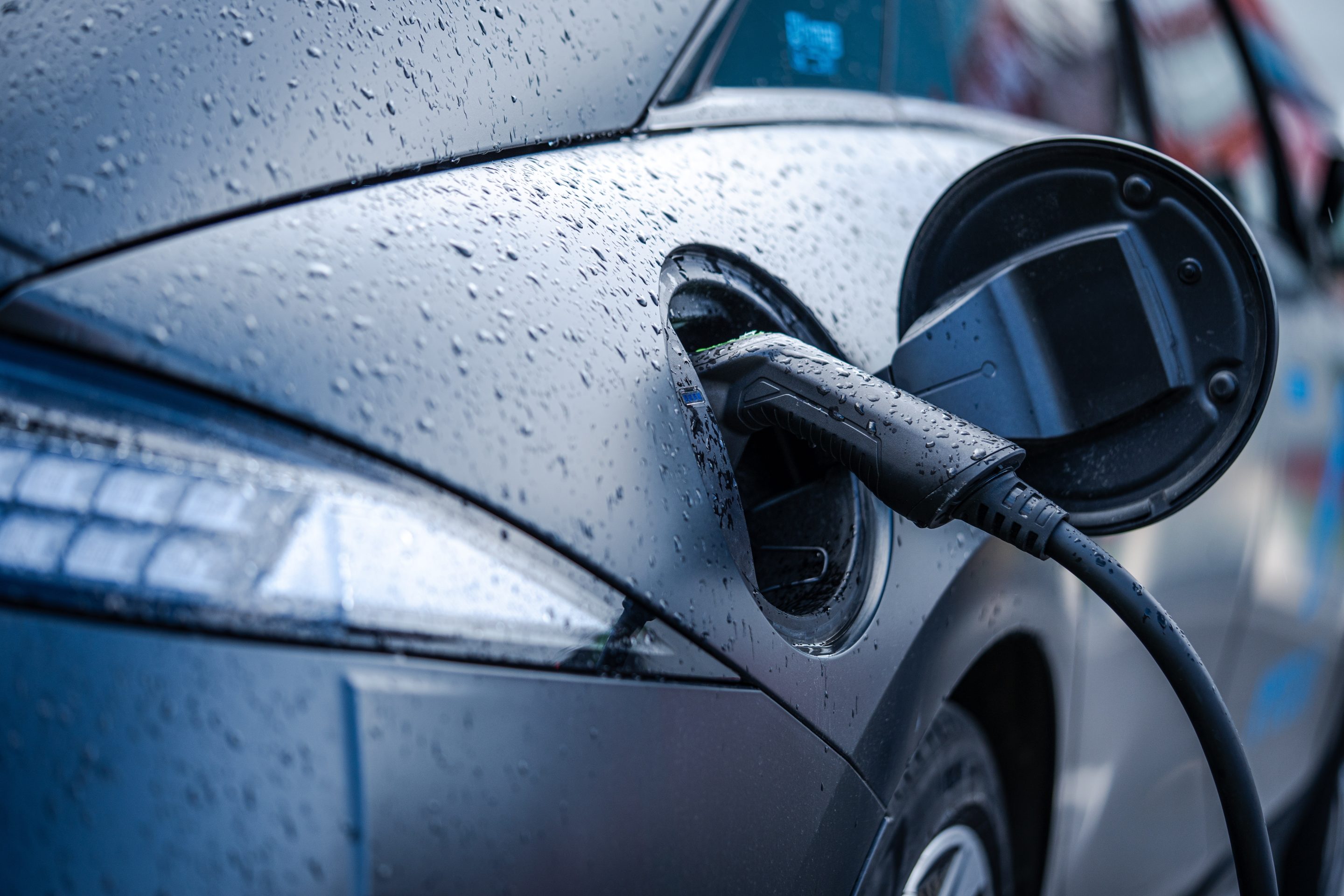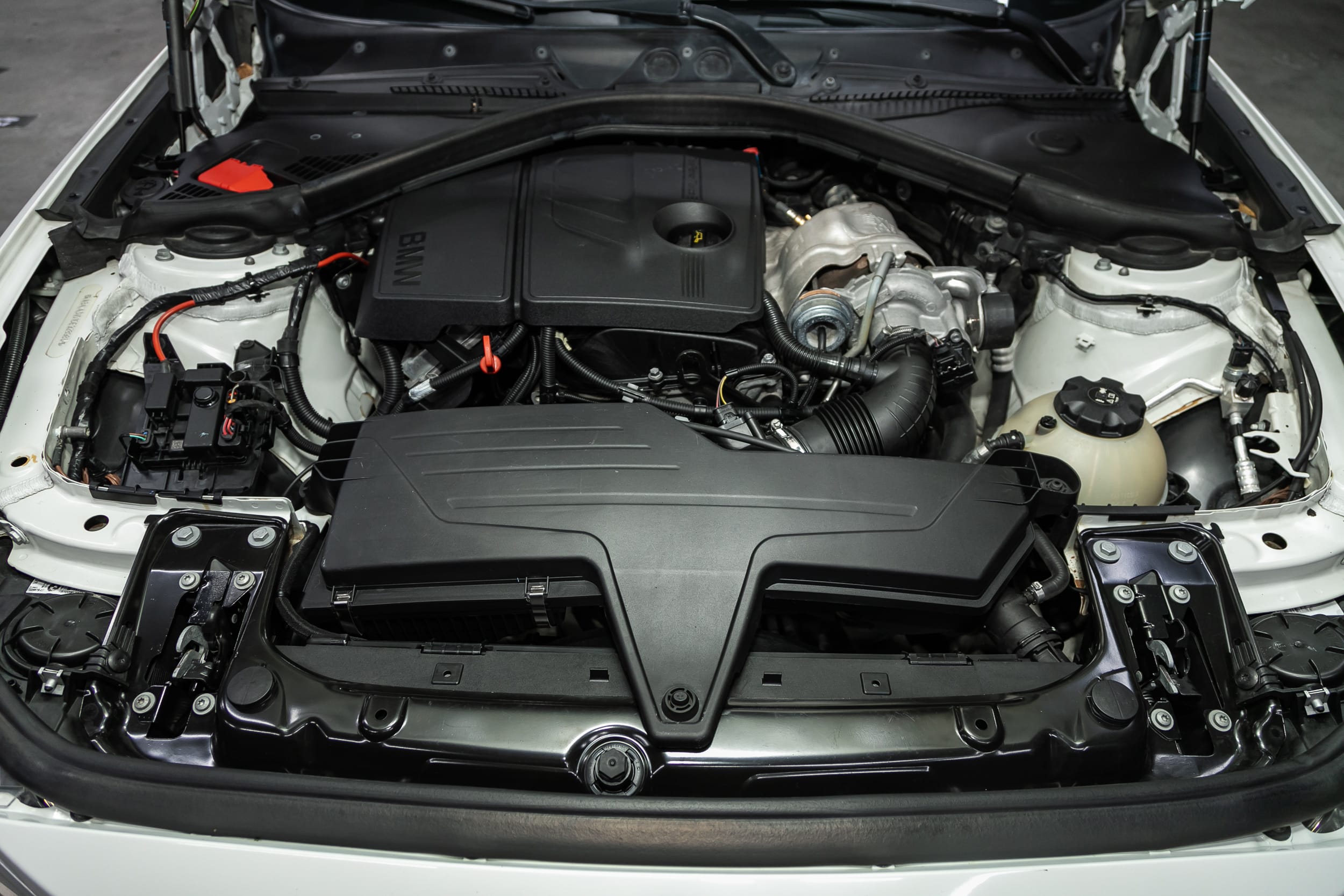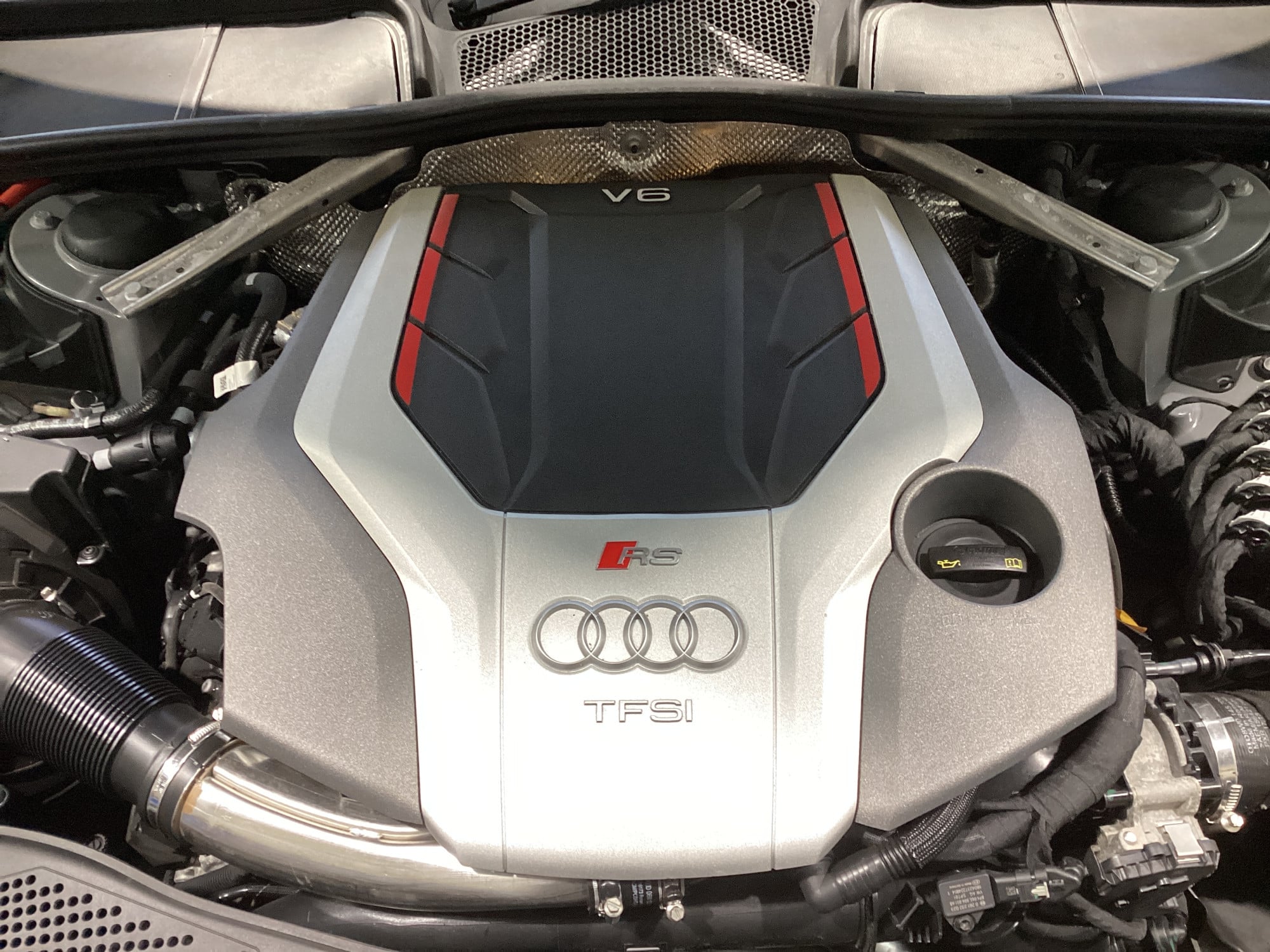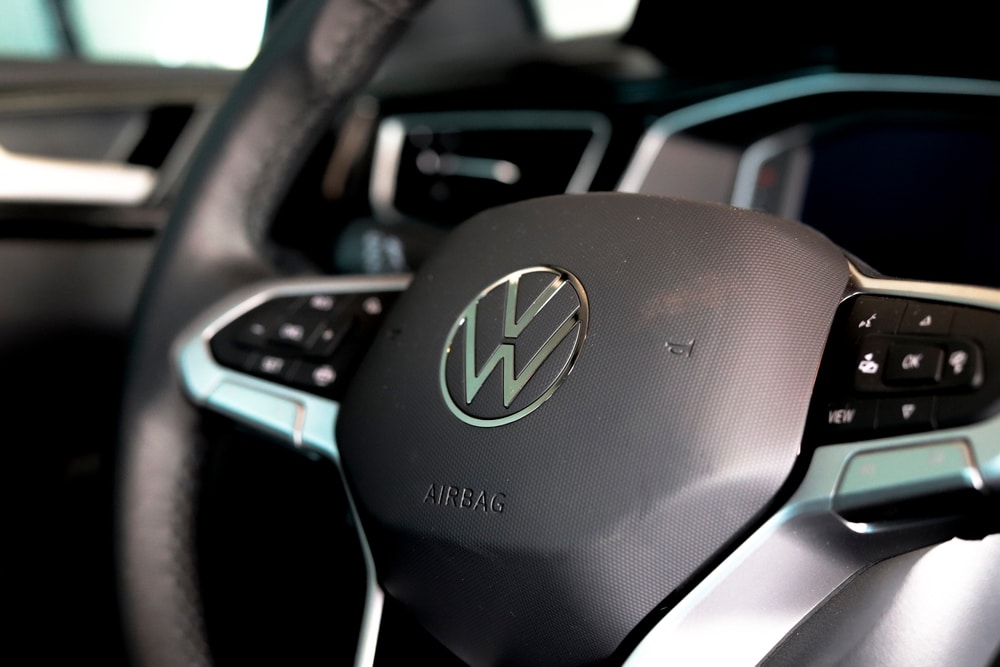With the impending ban on sales of new petrol and diesel cars in the UK arriving in 2030, it’s possible you’re considering buying an electric car in the very near future.
Whilst you might have already been swayed by all the flashy ads, is an electric car really worth the money, or are you simply following a trend? In this short blog post, we go over what’s good about electric cars, and what’s bad, to help you make what will be quite a considerable financial decision.
What are the benefits of electric cars?
1. They come with government incentives
If you’re thinking of buying an electric car in 2022, you can expect to pay a premium, and quite a lot more than a petrol or diesel equivalent. But, thankfully, in 2011, the government introduced the Plug-in Car Grant, a scheme that offers buyers of electric cars, a grant of up to £2500 towards the purchase.
2. They have zero emissions
In an age when we’re all thankfully more aware of the damage our cars and other vehicles do to our environment, with zero emissions, an electric car is the perfect solution.
So, other than making them eligible for the government’s Plug-in Car Grant, they’re also great for cutting down on harmful pollutants, which is especially helpful in city centres.
3. They don’t require a lot of maintenance
Of course, just like petrol or diesel cars, electric cars will require basic maintenance, on components such as brakes, steering and suspension etc. But, with far fewer moving parts, and no need for regular oil changes, the replacement of timing belts of spark plugs etc, electric cars don’t need that much maintenance.
4. They save you money on fuel
If you drive a lot of miles, either for work or pleasure, the savings you make on fuel, will quickly make up for the high cost of your electric car. For example – if you drive an average of 15,000 miles a year, according to insurance brokers, Nimble Fins, you save up to around £1700 for the year.
5. They provide much better acceleration
We’ve all driven cars, especially older diesel cars, where you get that delay in acceleration. This is because combustion engines need a lot to happen before they get going. Electric cars, however, require far fewer processes to happen during acceleration, as power is delivered straight to the wheels, making the pull away almost instantly.
What are the drawbacks of electric cars?
1. Charging point infrastructure needs work
Most of the time, finding a petrol station to fill up your petrol or diesel car or van isn’t a problem unless there’s a national issue with fuel supply. Sadly, this isn’t the same with charging points for electric cars, with most normal-sized fuel stations only providing an average of three charging points.
2. The range will make you anxious
Ever been on a long journey watching as your fuel gauge travels towards empty? Although anxiety-inducing, even if you run out, you can walk to a garage and get fuel in a can. With an electric car, however, if you run out of charge, you have no other option but to call out your breakdown recovery and get towed to the nearest charging station.
Contact us
If you’re looking for local car servicing in or around Milton Keynes, contact Quality Car Service today, either via the website contact form, by email or by phone.



